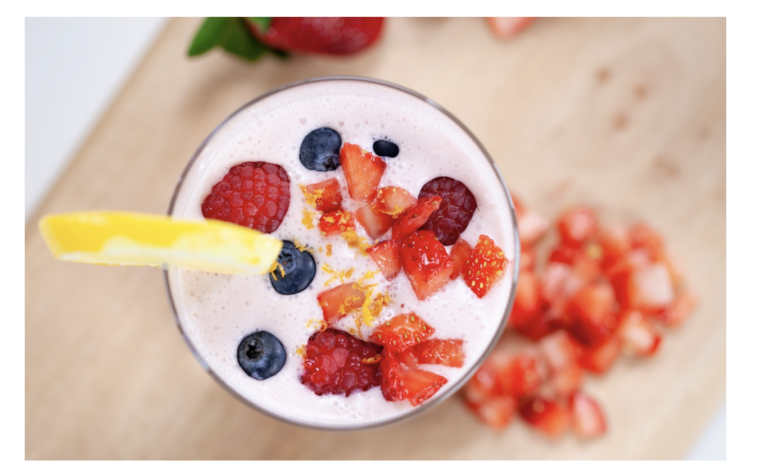Adding Kids’ Protein Powder to Fill Any Nutritional Diet Gap
Protein plays an important role for both adults and children, helping the body function well. It helps with growth development, building tissue and muscles, strengthening the bones, and transporting oxygen throughout the body. Parents of picky eaters, athletic children, or children with food intolerance often choose protein shakes as supplements to fill any nutritional diet gap.
Below we’re going to break down a couple of things about protein shakes to help you get a better understanding and ease your mind.

Photo by Hannah Tasker from Unsplash
Kids and protein
The amount of protein intake is essential in the years of growth for children, and it depends on the child’s age, sex, and activity level. Also, active children may require more calories, meaning slightly more protein. The problem with protein intake arises if the child is a picky eater, or has a food intolerance, so one of the best choices to add protein to their daily diet is through protein shakes.
Clean and healthy kids protein powder shakes are some of the best choices for a light meal replacement or between meals to fill any nutritional diet gaps your child might have. Note that children with protein deficiency or another medical condition need protein shakes to supplement their diet, but for healthy kids they are unnecessary. However, remember to always consult with a pediatrician before adding something new to your kid’s diet.
Signs of protein deficiency
If you’re unsure about your kid being protein deficient here are some signs you might want to look out for, before consulting with a pediatrician.
- Slowed growth and development
- Unstable moods
- Sores, bruises, or cuts that are slow to heal
- Aches, pains, or muscle weakness
- Trouble learning/lack of concentration
- Depressed immune system
- Loss or no appetite
- Skin or fingernail anomaly
- Interrupted sleep
- Unstable moods
When do children need protein powder shakes?
An important thing to remember is that you shouldn’t give your child protein powder randomly. If your kiddo is diagnosed with a medical condition, is underweight, or eating a vegan or vegetarian diet then they might need a protein supplement. If a medical professional recommends a protein supplement then it’s crucial to follow their recommendations to know the right amount and what ingredients to look for.
Your child will not benefit from these types of supplements unless they’re prescribed or recommended by a pediatrician. Remember to follow their recommendation to prevent any adverse effects. However, most experts and physicians will recommend you start by incorporating more protein-rich foods before you reach for the protein powder.
What to look for in a protein powder?
There are many types of protein powder shakes available and navigating them can be a bit overwhelming. If you want the healthiest choice for your kid, the best option would be to do your research and consult with a dietician or a pediatrician before you even decide to give a protein shake to your little one. Note that protein powders for adults are not good for children.
To be able to find a good protein shake for your child, check the protein levels, look for the GMP label, and avoid sugar or artificial sweeteners. For example, plant protein shakes are an amazing source of protein and amino acids, but there is also whey protein, pea protein, and brown rice protein. Look for protein shakes that don’t contain added sugars, high doses of vitamins, minerals, and other nutrients, and contain as few ingredients as possible.

Photo by Nature Zen from Unsplash
Risks of protein powder for children
Still, no research suggests harmful effects of protein powders for children, although according to the Cleveland Clinic, too much protein might have side effects including weight gain, kidney and liver damage, and nutrient deficiency which can occur if the shakes are used to replace regular meals.
There are also some other possible side effects from consuming protein powders such as replacing a child’s regular food, preventing kids from developing healthy eating habits, or physical side effects like bloating or diarrhea. Additionally, an excess of protein intake can cause problems with absorbing other nutrients.
Final thoughts
Although protein powder shakes may sound like an easy fix for picky eaters and kids with food intolerance, they can be of great help for your child’s growth development and especially for vegans and vegetarians. Natural sources of protein like milk, eggs, tofu, and such, are the best choices, but healthy powder shakes can do the trick just the same. Just remember to consult with a pediatrician about the proper intake of protein powder shakes for your little one.
